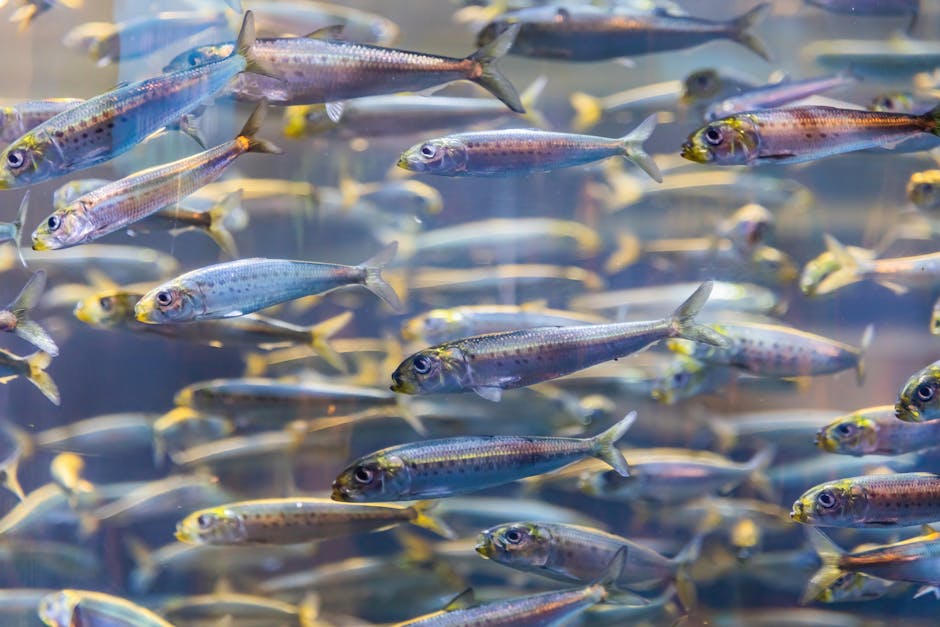A complex tapestry of pollutants, ranging from persistent organic pollutants to nutrient runoff, affects diverse marine ecosystems in a multitude of ways. Coastal regions, particularly estuaries and bays, bear the brunt of this pollution due to their proximity to human settlements and industrial activities. This proximity fuels a concentrated discharge of contaminants, including agricultural runoff rich in nitrogen and phosphorus, industrial waste, and plastic debris. These pollutants enter the marine environment, disrupting the delicate balance of ecosystems and threatening marine species.
Nutrient pollution, specifically, plays a significant role in altering the structure and function of coastal marine ecosystems. Excess nutrients, often from agricultural fertilizers, stimulate rapid algal blooms, a phenomenon known as eutrophication. These blooms can have devastating consequences. Firstly, they deplete dissolved oxygen in the water as the algae decompose, leading to hypoxia or even anoxia, creating “dead zones” where marine life struggles to survive. Secondly, the algal blooms block sunlight, hindering the growth of seagrass beds and other photosynthetic organisms that form the foundation of many coastal food webs. This disruption of the base of the food web has cascading impacts on higher trophic levels, affecting fish populations and the entire ecosystem.
Furthermore, persistent organic pollutants (POPs), such as PCBs and pesticides, accumulate in the fatty tissues of marine organisms. This bioaccumulation is a serious concern, as it moves up the food chain, leading to higher concentrations of toxins in apex predators. These pollutants can disrupt hormonal systems, impair reproductive success, and weaken the immune systems of marine animals, ultimately compromising their survival and impacting ecosystem productivity.
Plastic pollution is another pervasive threat, with a wide range of damaging effects. Ingestion of plastic debris by marine organisms can lead to physical harm, such as blockages in their digestive systems. Furthermore, microplastics, small fragments of plastic, are increasingly recognized as a threat, as they can be ingested by organisms at all levels of the food web. The potential consequences of this ingestion remain unclear, but the presence of microplastics in organisms is evidence that more research is urgently required. The long-term effects of these interactions are likely far-reaching, with potentially detrimental consequences to ecosystem function.
Beyond the direct impacts of these specific pollutants, several additional factors exacerbate the problem. Climate change, driven largely by human activities, is also impacting marine ecosystems. Rising sea temperatures, altered ocean acidification patterns, and changes in ocean currents all influence the distribution and abundance of marine species. These changes, often interacting with pollution, can compromise the resilience of marine ecosystems to further stresses, effectively diminishing their capacity to recover from disturbances.
The impact of pollution on coral reefs is especially noteworthy. Coral reefs, renowned for their biodiversity and ecological importance, are particularly sensitive to environmental changes. Pollutants, particularly sediment runoff, can smother coral polyps, impacting their ability to build and maintain their calcium carbonate skeletons. Elevated water temperatures, often linked to climate change, also cause coral bleaching, which further weakens the resilience of these ecosystems.
Several strategies can be employed to mitigate the impacts of pollution on these vital marine environments. Firstly, reducing the input of pollutants from terrestrial sources is paramount. This requires improved wastewater treatment, stricter regulations on industrial discharges, and agricultural practices that minimize nutrient runoff. Promoting sustainable fishing practices can help reduce the strain on fish populations and the marine ecosystems they inhabit. Raising public awareness about the importance of marine conservation and the detrimental impacts of pollution is crucial.
Further research is required to fully understand the complex interactions between different pollutants and their impacts on marine ecosystems. Improving monitoring programs to track pollution levels and the effects on marine species will help tailor management strategies to specific locations and needs. Incorporating ecosystem-based management approaches that consider the interconnectedness of various marine components is essential for achieving effective conservation outcomes.
Effective conservation relies heavily on collaboration between scientists, policymakers, and the wider community. International agreements and policies addressing pollution issues are vital to ensure the protection of these fragile environments. Supporting sustainable practices in industries and promoting responsible consumption patterns is essential to minimize the release of pollutants into marine ecosystems. Finally, investing in research and monitoring initiatives that track the effects of pollution and highlight emerging trends is crucial to guide conservation efforts. Ultimately, understanding the complexities of pollution and proactively implementing effective solutions are paramount to ensuring the long-term health and sustainability of our diverse marine ecosystems.
